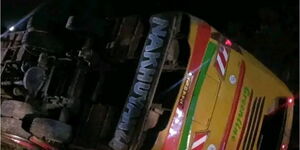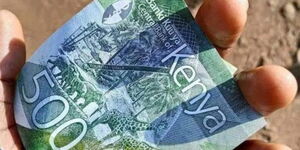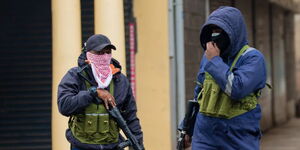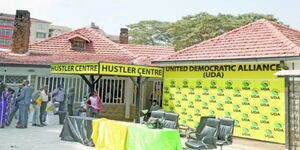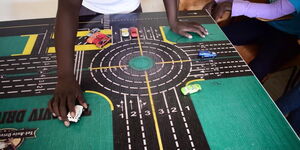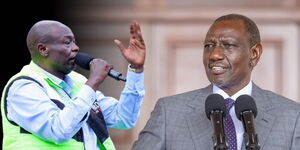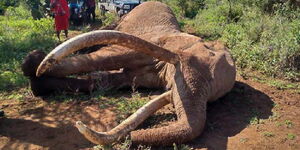Every election period presents different challenges with reduced business activities as people cut down on spending.
This in turn leaves many entrepreneurs in constant uncertainty of how the economy will respond to the polls shocks.
Are you planning to invest around this time? Kenyans.co.ke looks at some of the high-risk businesses that are likely not to perform well during an electioneering period.
Investments
According to Ken Gichinga, chief economist at Mentoria Economics , a lot of economic activity happens before the elections. For instance for the stock market, there is always a big rally as a country heads into a general election. This is mainly because of the uncertainty. People don’t want to invest during the election period.
Depending on how the vote goes, the value of commodities or properties may either increase or decrease. Corporate or personal tax rates might become much higher as foreign investments in the country slump.
The Transport Industry
People tend to minimize movements as the elections draw closer. As a result, there will be less fuel consumption. Most people stay put during elections, or make a one way trip to their hometowns until the elections are over and normalcy has returned.
As a way to reduce losses, Gichinga suggested that Public Service Vehicle operators should consider cutting down the number of vehicles on the road to manage the cost of doing business.
The retail Industry
Shoppers are more selective during the election season. They shift their spending towards basic commodities like bread, sugar and milk. Retailers selling consumer electronics, cars, furniture, clothing and accessories tend to struggle as such purchases are tied to discretionary spending.
According to the economist, business owners should consider having less stock to cut down on losses. Retailers can purchase more basic commodities that have a higher chance of being purchased because of a surge in demand.
Recreational facilities
Places like bars or pubs usually don’t have the heavy crowds during this period. People are cautious during this time and would want to keep their movement to a minimum. As a result, businesses that are built for human interactions record little to no profit.
Gichinga argues that people in these businesses can reduce the amount of stock they purchase as well as the amount of beverages they produce to cut down on production losses due to lack of sales.
Hospitality Industry
Tourist numbers go down during electioneering period because of the uncertainty in the air. This results in major losses especially for hotels whose main source of income are visitors from different countries.
Gichinga suggests that business operators in this sector should begin to strategize or find other income streams months before the polls.

